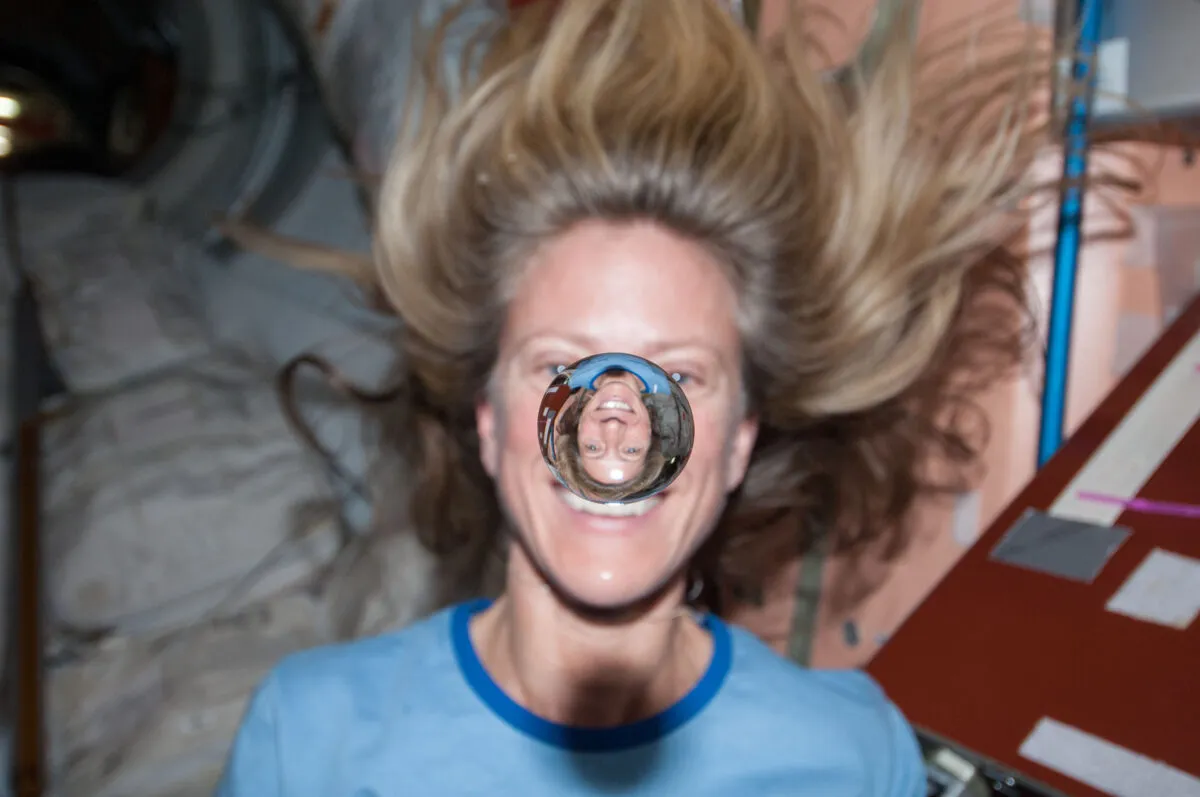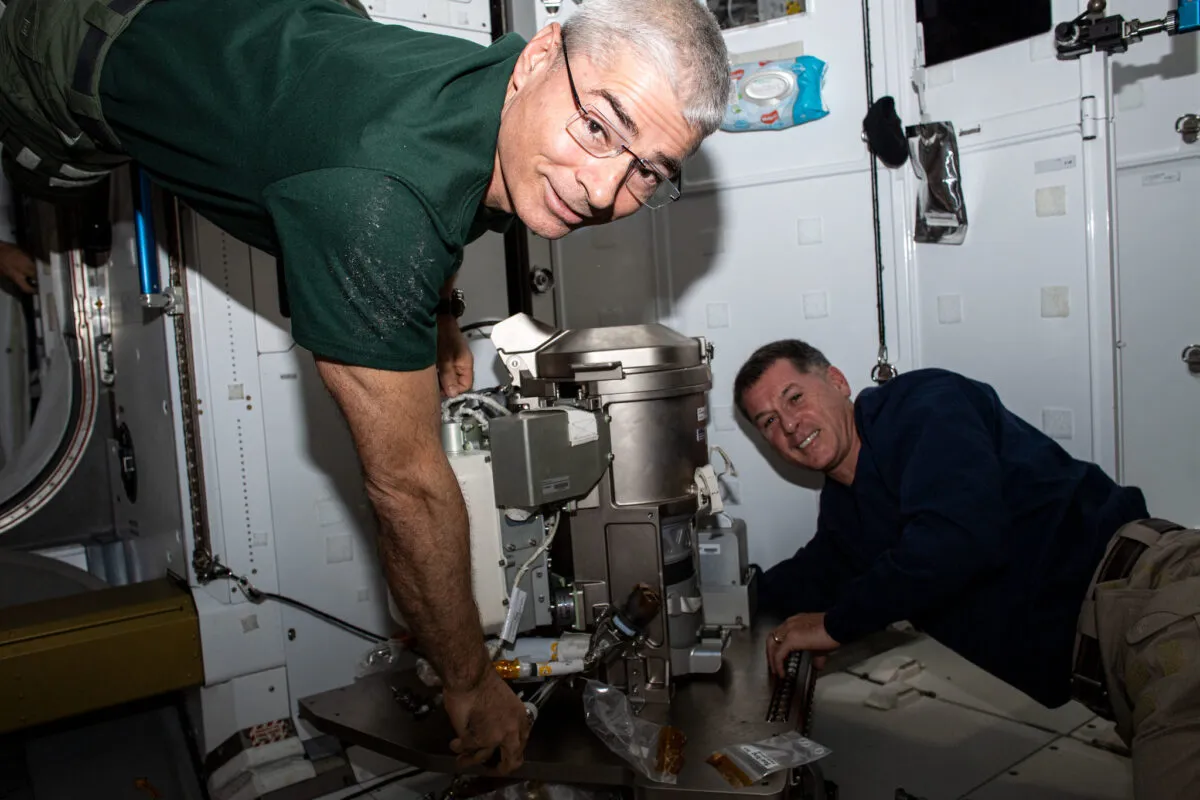A team of scientists say they have worked out how to turn astronauts' toilet waste water into fuel for space travel.
The results could provide a sustainable source of fuel for future crewed missions to Mars and beyond.
The study, called 'Autonomous Electrochemical System for Ammonia Oxidation Reaction Measurements at the International Space Stations', aimed to produce a device that could convert ammonia to energy on the International Space Station.
The NASA-funded project was a partnership between technology company NuVant Systems, Northeastern University and the University of Texas at El Paso.
Ammonia is expelled by the human body as a waste product, and so it is present in human wastewater.
It can be used as a high-energy fuel, as well as for fertiliser and refrigerant.
The team behind the study worked on the basis that ammonia can be converted to nitrogen and electrical energy through the so-called ammonia oxidation reaction.

An autonomous ammonia oxidation reaction device measuring 4x4x8 inches was delivered to the International Space Station to see whether fuel could be produced from the astronauts' toilet water.
The study showed that the system performed its function "adequately", and that a scaled-up version could be developed in future.
However, the one challenge facing the team was how to make the device work in zero gravity.
On Earth, plumbing systems can rely on gravity to operate smoothly, but in Earth orbit on the ISS, liquid simply floats as a spherical blob.

The team behind the study point out that in an enclosed environment during long-duration spaceflight, energy is a vital resource and shouldn't be wasted.
"We wanted to see if waste can be used as fuel in space travel," says Eugene Smotkin, a Northeastern chemistry and biology professor and one of the leading researchers on the project.
"You do it in the space program because you must do it," he says.

"Because you’re isolated, and you’re out there in the space station, and you have a choice—you can eject (waste) or extract usefulness from it. Clearly, the latter is better."
Many technologies developed for human spaceflight end up being used back on Earth. Could this technique have terrestrial applications?
"We have an energy shortage right now," Smotkin says. "We don’t have the ability to store energy.
"And fuel is not readily available to all 8 billion people here. Many people have no electricity, so we must find low-cost sources. And these can contribute to that."
Read the full paper at assets.researchsquare.com.
Get more on this story at news.northeastern.edu
